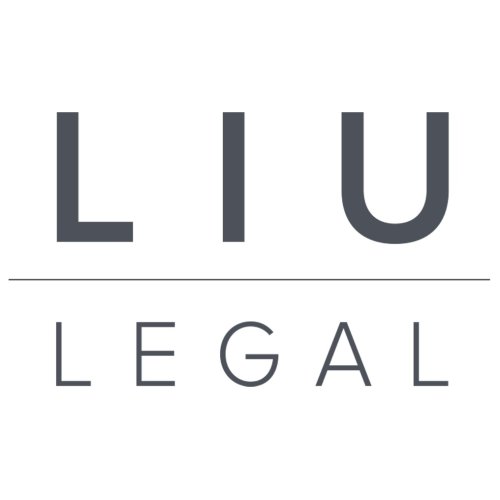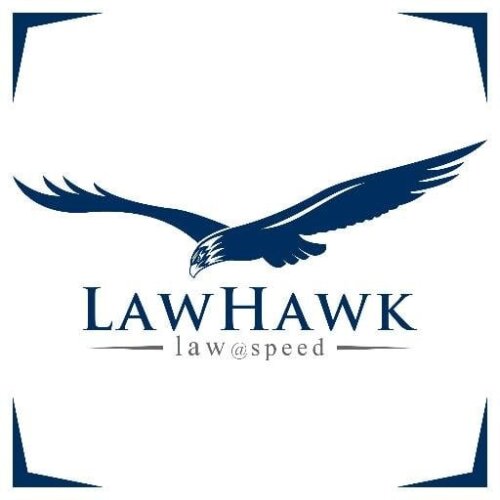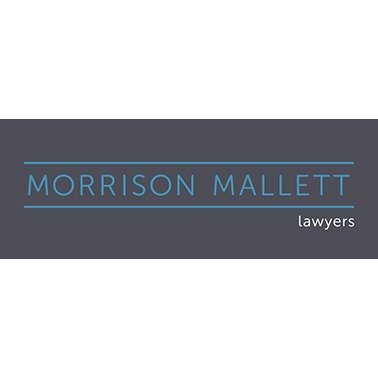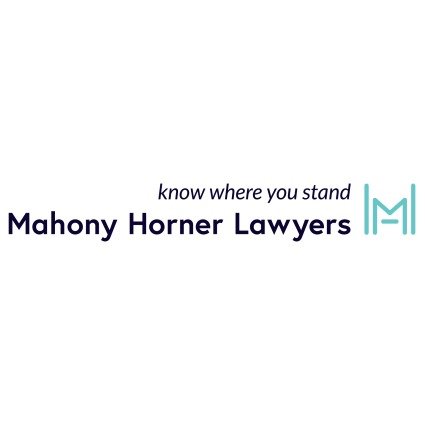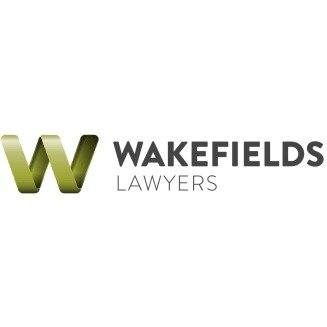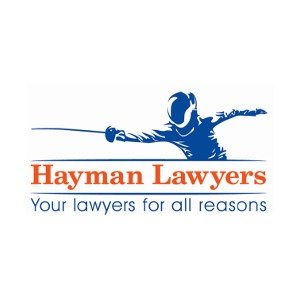Best Corporate Governance Lawyers in Wellington
Share your needs with us, get contacted by law firms.
Free. Takes 2 min.
List of the best lawyers in Wellington, New Zealand
About Corporate Governance Law in Wellington, New Zealand
Corporate governance refers to the systems, principles, and processes by which companies are directed and controlled. In Wellington, New Zealand, corporate governance law is shaped by national legislation, regulatory frameworks, and best practice guidelines that are intended to support transparency, accountability, and ethical corporate behaviour. The city of Wellington, as New Zealand’s capital and a major business hub, sees a significant amount of corporate activity, making adherence to governance requirements especially important for companies of all sizes.
Effective corporate governance helps ensure that companies are managed in the best interests of shareholders and stakeholders, while minimizing legal and reputational risks. The legal framework in Wellington is designed to foster trust in the business environment, protect investor interests, and promote corporate responsibility.
Why You May Need a Lawyer
Seeking legal assistance for corporate governance in Wellington can be critical for several reasons. Some common situations where people and companies may require a lawyer include:
- Setting up a new company and establishing a compliant governance structure
- Drafting or reviewing company constitutions and shareholder agreements
- Resolving disputes between shareholders or directors
- Navigating directors’ duties and potential liabilities
- Ensuring compliance with financial reporting and disclosure obligations
- Implementing policies on conflicts of interest
- Managing mergers, acquisitions, or business restructuring
- Responding to investigations or enforcement actions by regulators
- Advising on best practice corporate governance frameworks
- Providing training or guidance to boards of directors
A lawyer specializing in corporate governance can help mitigate legal risks and ensure your company operates within the bounds of the law.
Local Laws Overview
Wellington companies are mainly governed by national legislation, with key statutes and regulations including:
- Companies Act 1993 - Sets out the majority of rules for forming and running companies in New Zealand, including directors’ duties, shareholders’ rights, and requirements for meetings and record-keeping.
- Financial Markets Conduct Act 2013 - Regulates the offering and trading of financial products and places obligations on companies about disclosures and reporting.
- Financial Reporting Act 2013 - Establishes financial reporting and accounting standards for qualifying entities.
- New Zealand Stock Exchange (NZX) Listing Rules - For publicly listed companies, the NZX imposes additional governance and disclosure obligations.
- Other relevant laws - Include the Fair Trading Act, Privacy Act, and Anti-Money Laundering and Countering Financing of Terrorism Act.
In Wellington, local authorities may impose some additional compliance requirements for specific sectors, but most core governance requirements are consistent throughout New Zealand.
Directors and officers should be aware of personal liability risks, especially in cases where there are breaches of duty or instances of reckless trading. Sound governance practices, accurate record-keeping, and robust internal controls are emphasized by law and by regulators.
Frequently Asked Questions
What is corporate governance and why does it matter?
Corporate governance refers to the processes by which companies are directed and controlled. It matters because good governance protects the interests of shareholders, promotes accountability, and minimizes the risk of fraud or misconduct.
Which laws regulate corporate governance in Wellington?
Corporate governance is primarily regulated by national laws such as the Companies Act 1993, Financial Markets Conduct Act 2013, and, for listed companies, the NZX Listing Rules. Local laws may also apply in certain cases.
Who is responsible for corporate governance in a company?
The board of directors is primarily responsible for a company’s governance. Directors must act in good faith and in the best interests of the company, complying with all legal obligations.
What are directors' duties under New Zealand law?
Directors must act in good faith, exercise due care and diligence, avoid conflicts of interest, and not carry on business in a way likely to create substantial risk of serious loss to creditors. Personal liability can arise from breaches.
What are the requirements for holding shareholder meetings?
The Companies Act 1993 sets rules for calling and conducting meetings, including minimum notice periods, quorum requirements, and procedures for resolutions and voting. Accurate minutes must be maintained.
What penalties apply for breaches of governance laws?
Penalties can include fines, compensation orders, disqualification of directors, and, in extreme cases, criminal charges. Civil proceedings for damages and regulatory enforcement actions are also possible.
How can a company improve its governance?
Implement clear policies, train directors and staff, conduct regular reviews, and seek professional legal advice. Adopting recognized best practice codes such as the NZX Corporate Governance Code is also helpful for listed companies.
Do small businesses need to worry about governance?
Yes. All companies, including small and family owned businesses, are subject to governance laws. Proper governance helps prevent disputes and ensures regulatory compliance.
What is the role of shareholders in governance?
Shareholders have various rights, including voting on key company matters, electing directors, and approving fundamental changes to company structure. Their involvement is crucial to overall governance.
How do I find a corporate governance specialist lawyer in Wellington?
You can contact the New Zealand Law Society, consult legal directories, seek referrals from business associates, or approach large law firms with dedicated corporate or commercial law departments.
Additional Resources
There are several resources and organizations that provide guidance on corporate governance in Wellington and across New Zealand, including:
- New Zealand Law Society - Offers resources and referrals for legal help
- Companies Office - Provides company registration and compliance information
- Financial Markets Authority - Regulates financial markets and enforces governance standards
- NZX (New Zealand Stock Exchange) - Sets standards for listed companies
- Institute of Directors New Zealand - Offers training, advice, and governance resources
Educational materials and guideline documents are available from most of these organizations to help you understand your obligations.
Next Steps
If you believe you need legal assistance with a corporate governance issue in Wellington:
- Identify the specific nature of your issue, such as shareholder disputes, director duties, or compliance requirements.
- Gather all relevant company documents, such as constitutions, shareholder agreements, and recent board or shareholder meeting minutes.
- Contact a lawyer or law firm with expertise in corporate governance. Prepare a clear summary of your concerns or objectives.
- Consult resources such as the Companies Office or New Zealand Law Society if you require further background information.
- Take prompt action, particularly where regulatory compliance or potential liability is involved, as delays can worsen risks or complicate resolutions.
Professional advice can protect your interests, help your company stay compliant, and prevent costly disputes or penalties in the future.
Lawzana helps you find the best lawyers and law firms in Wellington through a curated and pre-screened list of qualified legal professionals. Our platform offers rankings and detailed profiles of attorneys and law firms, allowing you to compare based on practice areas, including Corporate Governance, experience, and client feedback.
Each profile includes a description of the firm's areas of practice, client reviews, team members and partners, year of establishment, spoken languages, office locations, contact information, social media presence, and any published articles or resources. Most firms on our platform speak English and are experienced in both local and international legal matters.
Get a quote from top-rated law firms in Wellington, New Zealand — quickly, securely, and without unnecessary hassle.
Disclaimer:
The information provided on this page is for general informational purposes only and does not constitute legal advice. While we strive to ensure the accuracy and relevance of the content, legal information may change over time, and interpretations of the law can vary. You should always consult with a qualified legal professional for advice specific to your situation.
We disclaim all liability for actions taken or not taken based on the content of this page. If you believe any information is incorrect or outdated, please contact us, and we will review and update it where appropriate.



